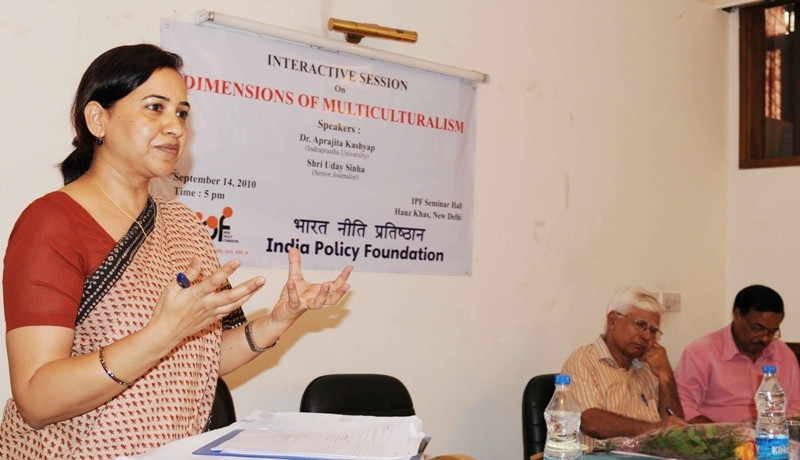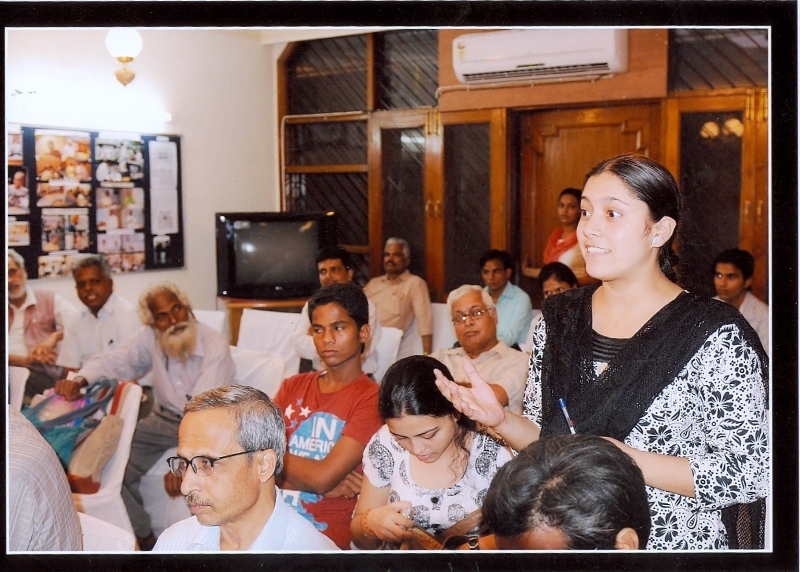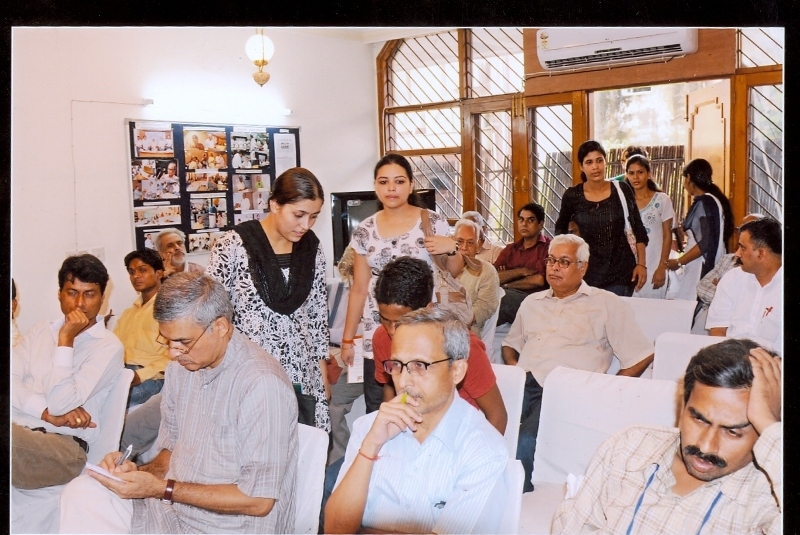Dimensions of Multiculturalism
Total Views |

Date: September 14, 2010
Chaired by: Prof. Rajvir Sharma, Delhi University
Speakers: Dr. Aparajita Kashyap, IP University, Sh. Uday Sinha, Senior. Journalist
The iron law of human development and social change has inflicted heavy damage to the creativity of human society. It is not only creativity but also the very survival of man that was threatened and one could have overcome this threat by accepting the so-called truth essentially emanating from this iron law. In fact, its long inexorable continuance has indeed created a stifling human situation where choice is extremely limited – either you fall inescapably in line with the given truth or risk your life in case of refusal to do so. This kind of determinate and firm truth has imprisoned both human mind and soul. To illustrate, the twentieth century is remarkably replete with numerous instances of making millions of people captive to the dogma and perceived notion of final truth and human liberation. Humanity should never forget those who wrought inhuman atrocities on a colossal scale — after all . Who can forget Stalin, Hitler, Mao, Mussolini, Pol Pot for their unpardonable sins and savageries that marred the spatial as well as demographic landscape of the past century?

Undoubtedly, it is the collapse of Soviet Communism and the fall of the Berlin Wall that paved the way for the freeing of human ingenuity and creativity. Consequently, multiculturalism emerged both as an enduring idea and as a shield against any misadventure of conceiving fossilized ideas of truth. It is only this context of multiculturalism that each and every society not only cherishes the difference, diversity and plurality of all kinds but also incorporates these values in the Constitution and day-to-day functioning of the State and society. Keeping this in view, the India Policy Foundation organized a seminar on the dimensions of multiculturalism.

Prof Rajvir Sharma said that our culture is basically multi-cultural. In such a situation, it becomes necessary to have proper coordination while deciding policy matters.